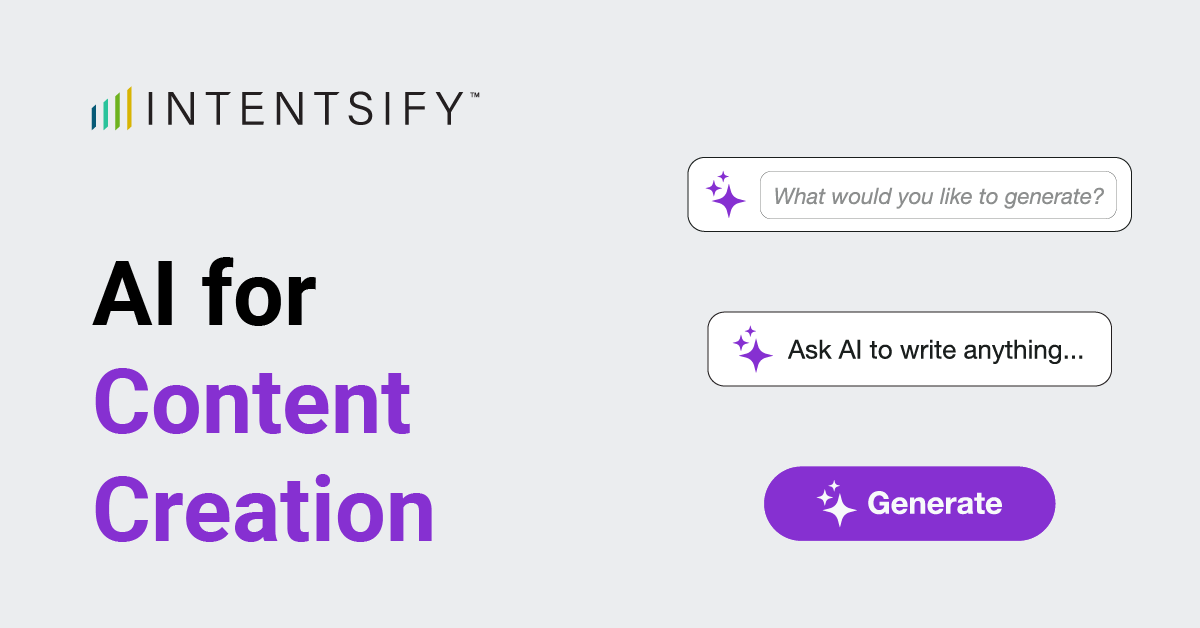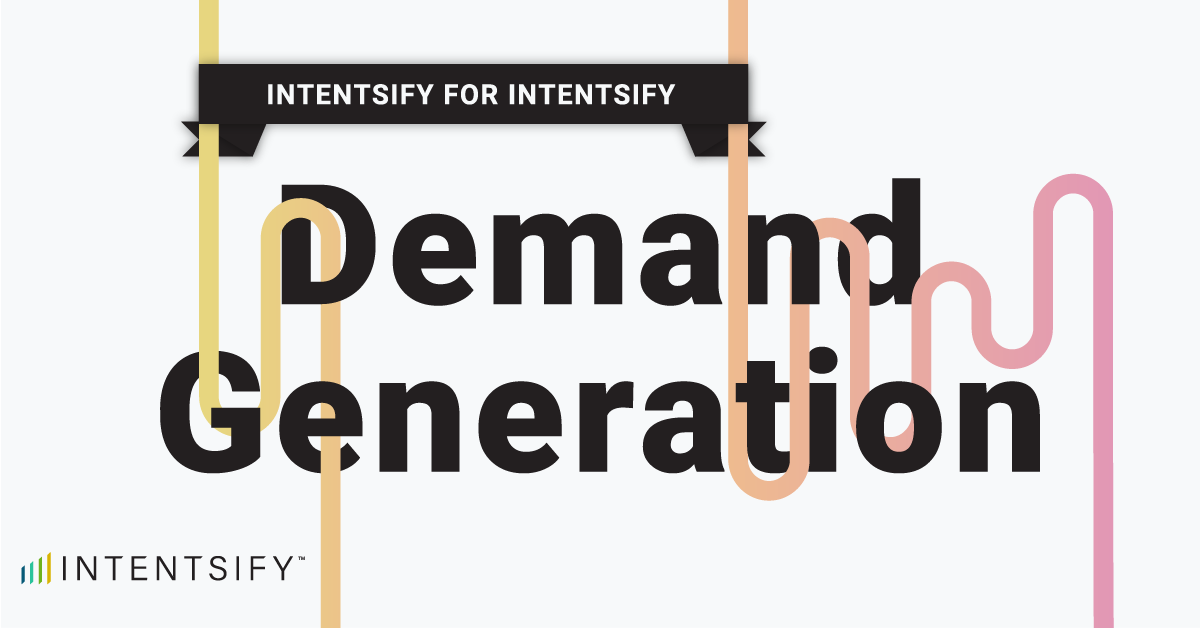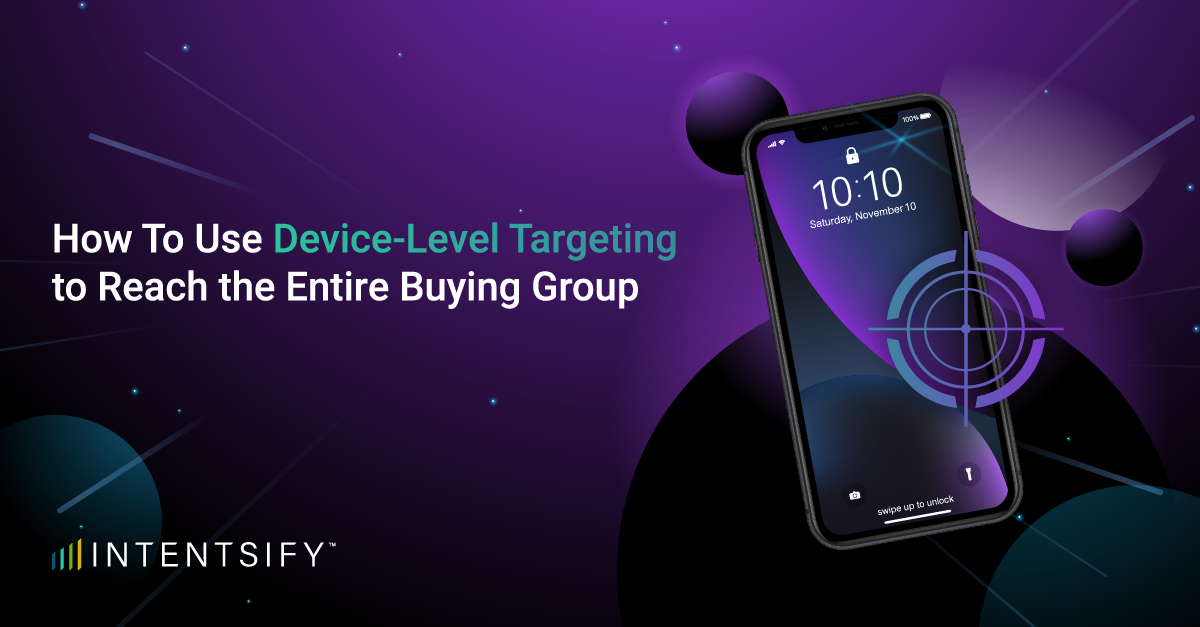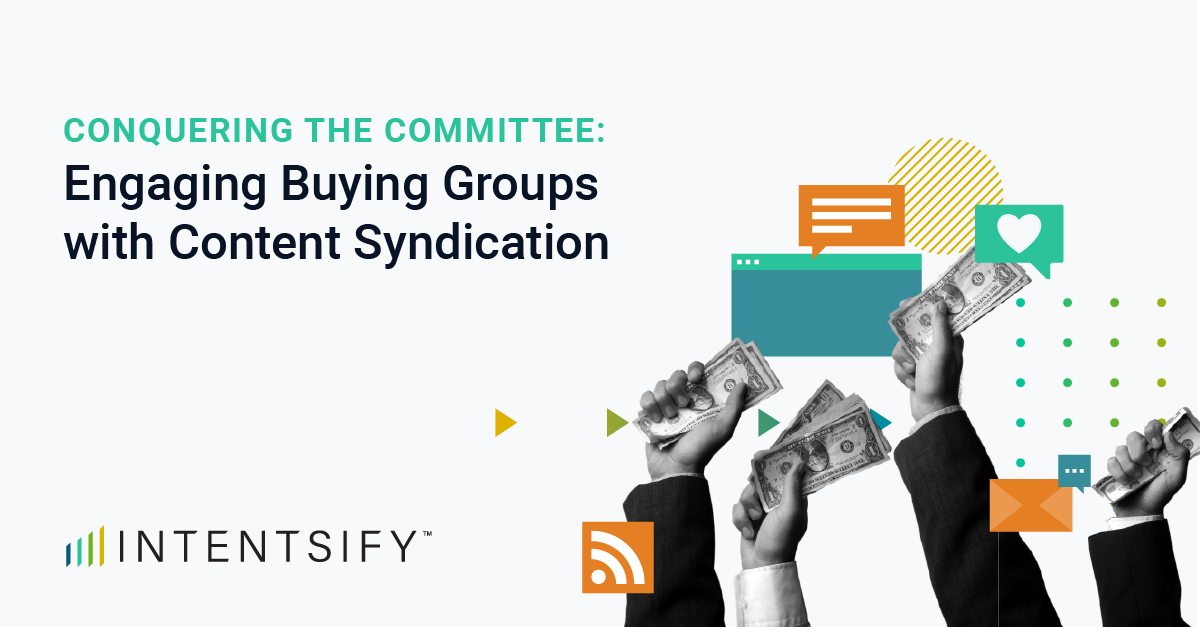The world is a divided place. That is, the world of content creation. Where does AI play a role in the process? Can it replace human writers? Should you avoid AI altogether? How can you detect AI in writing?
As a frequent LinkedIn user, I find all the hot takes pretty amusing:
- “Human content writers are doomed.” (no they’re not)
- “Here’s how you can detect AI-generated content…” (usually followed by an untrue observation)
- “Blogging and SEO is dead because of AI.” (wrong)
- “AI can’t do what a human writer can do.” (actually, it sort of can)
It’s all just noise. I’ve been providing content writing and strategy services for over six years now. And AI has always played a role in my creation process, even pre-ChatGPT. (And no, I don’t just plug in prompts for a draft, revise it, and send it off to clients.)
Reality is, two things can be true at once:
- AI cannot completely replace human writers
- Companies and writers avoiding AI in content creation (for the sake of principle) are missing a huge opportunity to create better content faster
You may have seen this stance from another content strategist already. But if there’s one theme you’ll keep hearing in this post (which is basically my personal monologue), it’s this:
AI is a tool, not a replacement.
AI Content Creation as a Replacement Doesn’t Work
I talk to dozens of companies a month about content development. And over the last two years, I saw the same shift as other marketers because of GenAI. Many businesses moved to a “content-at-scale” strategy — removing writers and auto-generating as many articles, LinkedIn posts, etc., with AI as possible.
Unfortunately, more content doesn’t mean better results:
- You got flooded with spammy-sounding content (which Google puts at the bottom of search results) → Poor SEO performance for low-traffic
- Content was full of useless material and marketing clichés → Doesn’t engage readers or provide meaningful insights
- Everyone wrote about the same topics because GenAI tools were popping out the same recommendations → No one could stand out in their niche or create anything useful
Ultimately, the “content-at-scale” strategy misses the mark with audiences (you know, those people who are supposed to eventually purchase from you). Ironically, many companies that took this route have hired back human writers.
I want to make it clear that I am not against GenAI. As mentioned, I’m a user and advocate. (In fact, some of this article is AI-generated, but I bet you can’t figure out which material.) But AI should be something used in the creation process, not become the creation process itself.
“Couldn’t I just have a GenAI create a draft and have a human edit it?”
I get this one a lot, and it’s one of my favorite questions. It assumes there’s some workaround to substituting AI for quality content creation.
My answer: You can, but how much time is it actually saving you? And I’m assuming you want to create valuable, engaging content.
Take it from someone who’s been asked almost 100 times to edit an AI draft and make it publish-ready. Depending on how detailed your prompt is, the AI tool could take your content in a whole different direction than intended or be super far off-brand.
Now, you’re spending more time moving sections around, adding new material, editing out generic or spammy language, adjusting tone, and fact-checking than if you were to create it from scratch.
The Anti-AI Movement Misses the Point
On the other side of the coin, you’ll get companies who want to “stand out” or “maintain principles” by keeping AI out of the process. They’re supported by editors who check drafts with AI-detection systems, which are entirely inaccurate and obsolete (seriously, you can put in song lyrics from famous music composed decades ago, and they’ll say it’s AI-generated).
And to that, I put forth this question: Why does it matter how it’s written?
- Software developers use AI to auto-generate code (and we don’t care as long as the application works).
- Engineers use CAD tools to construct buildings and objects (and we don’t care as long as the structure stays standing)
- Security analysts use AI to spot anomalies and potential threats (and we don’t care as long as our IT systems stay safe)
End users don’t care about the “how.” They care about the “what.” And in the debate on AI in content creation, too many are concerned about the “how.”
But you know who doesn’t care about the “how?” Your audience. All they want are answers to their questions and insights to solve their challenges presented in an engaging, digestible way.
GenAI can help with that. Bear in mind, it’s programmed to write the way humans write (kind of). And sometimes (though not all the time), it can “hit the nail on the head” with great content.
The problem is that it usually puts together words and phrases that don’t create great content. Most B2B material and online sources AI pulls from aren’t written well. They’re loaded with business jargon, marketing fluff, and sales clichés — only to get repeated by everyone who throws a prompt in ChatGPT. You know what I’m talking about:
- “In today’s fast-paced digital age…”
- “Unlock operational success by…”
- “Boost productivity with…”
- Etc.
This is why humans still need to be involved in the process — bringing me back to my point:
AI is a content tool, not a replacement.
GenAI as a Tool: Top Actions to Use AI in Content Creation
Now, let’s get to the good stuff. Like I said, when I use GenAI for content creation, I’m not just plugging in a prompt and sending a draft to a client. And that’s what most people get wrong about AI. They act like it is taking control of the entire process or writing the whole draft. But my use of GenAI actually looks something like this:
- Receive content brief or idea from the client
- Prompt GenAI to provide bullet point summaries of the concept or topic, how it affects the target audience, what the solution means for the target audience, etc.
- Use research to manually add headers/sections for areas of focus
- Use research to write the first paragraph
- Have GenAI revise the first paragraph for clarity(or brand goals) while fixing mistakes
- Prompt GenAI to provide bullet point summaries of insights I’ll need for the next header or section
- Use research to write the next paragraph
- Have GenAI revise a sentence I don’t like for clarity or to make it more conversational while fixing mistakes
- Have GenAI revise another sentence I don’t like to make it more clear or engaging
- Have GenAI replace a word I already used a few times in the opening paragraph
- Have GenAI add more insight or information useful in that section
- Have GenAI write the first sentence for the next section
- Manually edit to make it better and on-brand, then have GenAI edit for clarity
- Repeat until completed
See? AI isn’t replacing my process. It’s used as a tool to help me work faster while improving content quality. So with that, here’s the top actions to use AI in content creation:
- Outline your ideas: Have AI put your thoughts and headers down on paper to create a basic structure or outline for your content.
- Get inspired and power through writer’s block: Prompt AI to write your opening paragraph or other sections, and take phrases or information that you really like.
- Quickly research concepts: Learn the basics by asking AI to define certain concepts and explain how or why they affect your audience, their industry, role, etc.
- Make your writing better or more on-brand: Ask AI to revise sentences, phrases, or paragraphs you want to improve, make them more engaging, conversational, formal, humorous, etc.
- Check for mistakes: Use AI to edit your work for spelling, grammar, punctuation, readability, and other content fixes.
Final Thoughts
The best B2B content prioritizes your audience by speaking their language and providing useful insights applicable to their role. Whether the material was created exclusively by a human writer, auto-generated by AI, or some hybrid of the two DOES NOT matter.
It’s the “what,” not the “how.”
So as you develop your content strategy and plan for the next year, keep in mind both the power of GenAI and its limitations, and where humans still have a role in the creation process (but can significantly benefit from AI).
Remember: AI is a content tool, not a replacement.






